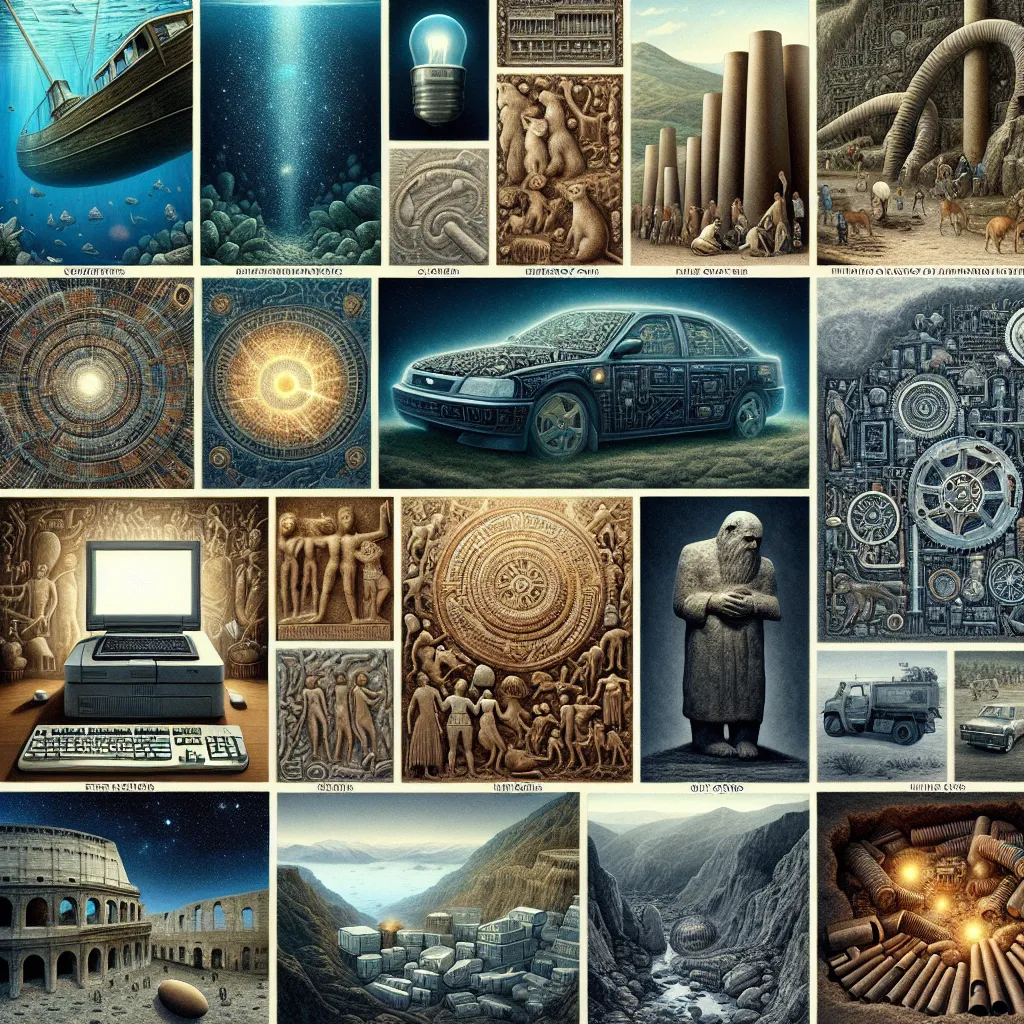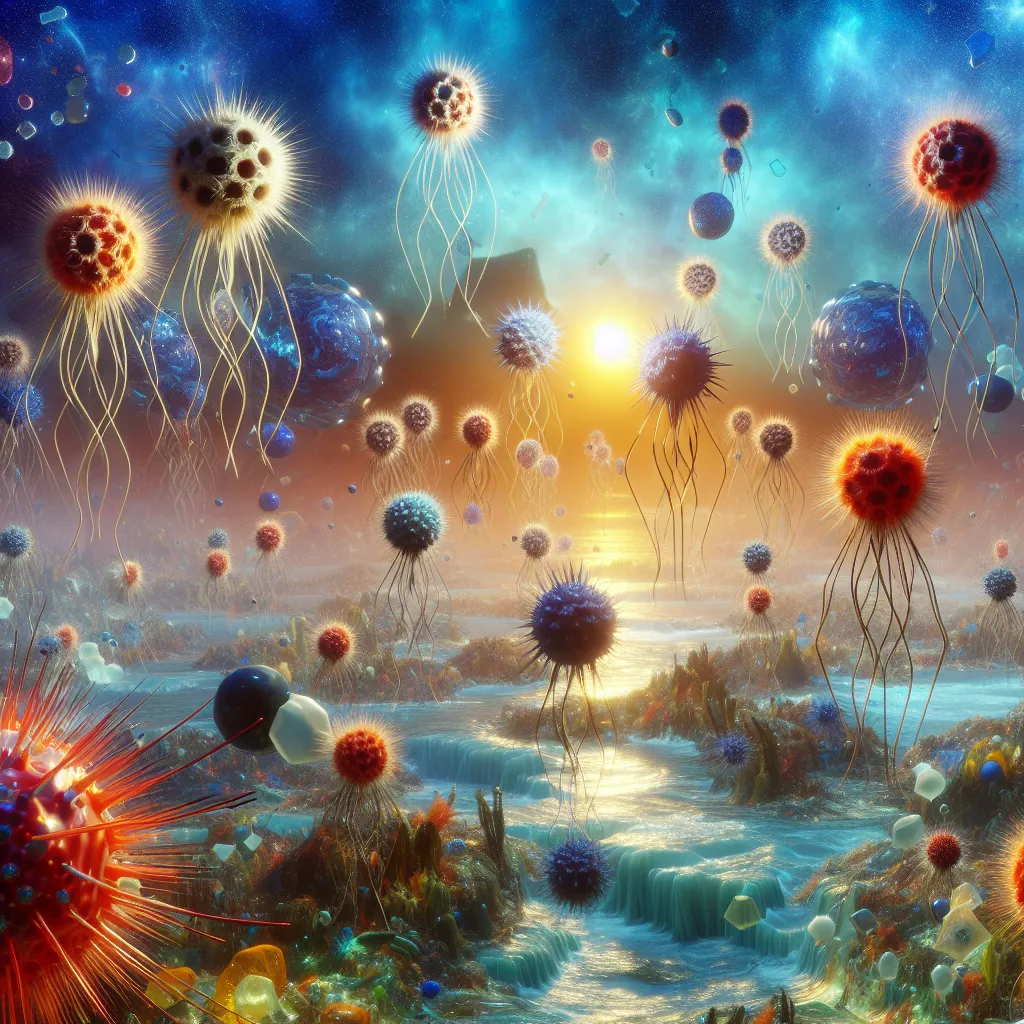We’ve all been there, feeling that nagging sense of dissatisfaction—whether it’s about our career, relationships, or just life in general. Social media and pop culture don’t help, bombarding us with unrealistic standards and the idea that anything less than a perfect life is a failure. This often leads to us feeling envious of others and disappointed in ourselves. The self-improvement industry adds fuel to the fire, suggesting it’s our fault for not doing enough to achieve greatness.
But over the past couple of decades, researchers have been exploring how we can counteract these negative feelings. The field of positive psychology emerged, studying what makes life truly fulfilling. Cognitive behavioral therapy (CBT) was developed to help change negative thought patterns. Scientists began asking, “Why are some people happier than others?” and “Can we learn from them?”
One of the strongest predictors of happiness is gratitude. While it might sound like just another self-improvement buzzword, there’s a substantial amount of scientific research backing its benefits. Gratitude can take many forms: it can be a character trait, an emotion, a virtue, or a behavior. You can feel grateful for various reasons, whether it’s for the weather, a kind act, or just the beauty of nature.
Gratitude has its roots in an evolutionary trait known as reciprocity, which has been observed even in animals. This biological mechanism encouraged cooperation among early humans and helped form social bonds. When your brain recognizes a kind act done for you, it motivates you to return the favor, thereby strengthening relationships. Over time, gratitude evolved to become more than just an impulse to reciprocate kindness; it became a cornerstone of social connections.
Modern science has shown that gratitude activates pathways in the brain related to reward, social bonding, and positive memory recall. It counters negative feelings like envy, narcissism, and materialism. Grateful people tend to be happier, have better relationships, and deal more effectively with hardships. Gratitude can even help you avoid falling into the traps of modern life, such as constantly seeking the next big thing or feeling perpetually lonely.
Gratitude can create a feedback loop of positive feelings leading to more social interactions, which in turn lead to more positive feelings. This is often observed in people who have come through significant hardships; they find deep joy in the simplest things, like tasting food or sitting in the sun.
So, how can you cultivate more gratitude in your life? One of the most effective methods is gratitude journaling. Spend a few minutes one to three times a week writing down five to ten things you’re grateful for. It might feel awkward at first, but you’ll soon find things like a good cup of coffee or a kind gesture to appreciate. Numerous studies have shown that this practice can lead to increased happiness and life satisfaction.
In essence, gratitude shifts your focus towards the positive aspects of your life, making you feel better and experience more joy. While it won’t solve all your problems, it can be a valuable piece of the puzzle.
It’s pretty amazing that something as simple as reflecting on what you’re grateful for can hack your brain’s pathways to boost happiness. Being human is tough, but it doesn’t have to be as hard as we often make it. By practicing gratitude, you might realize your life is actually much better than you thought.






